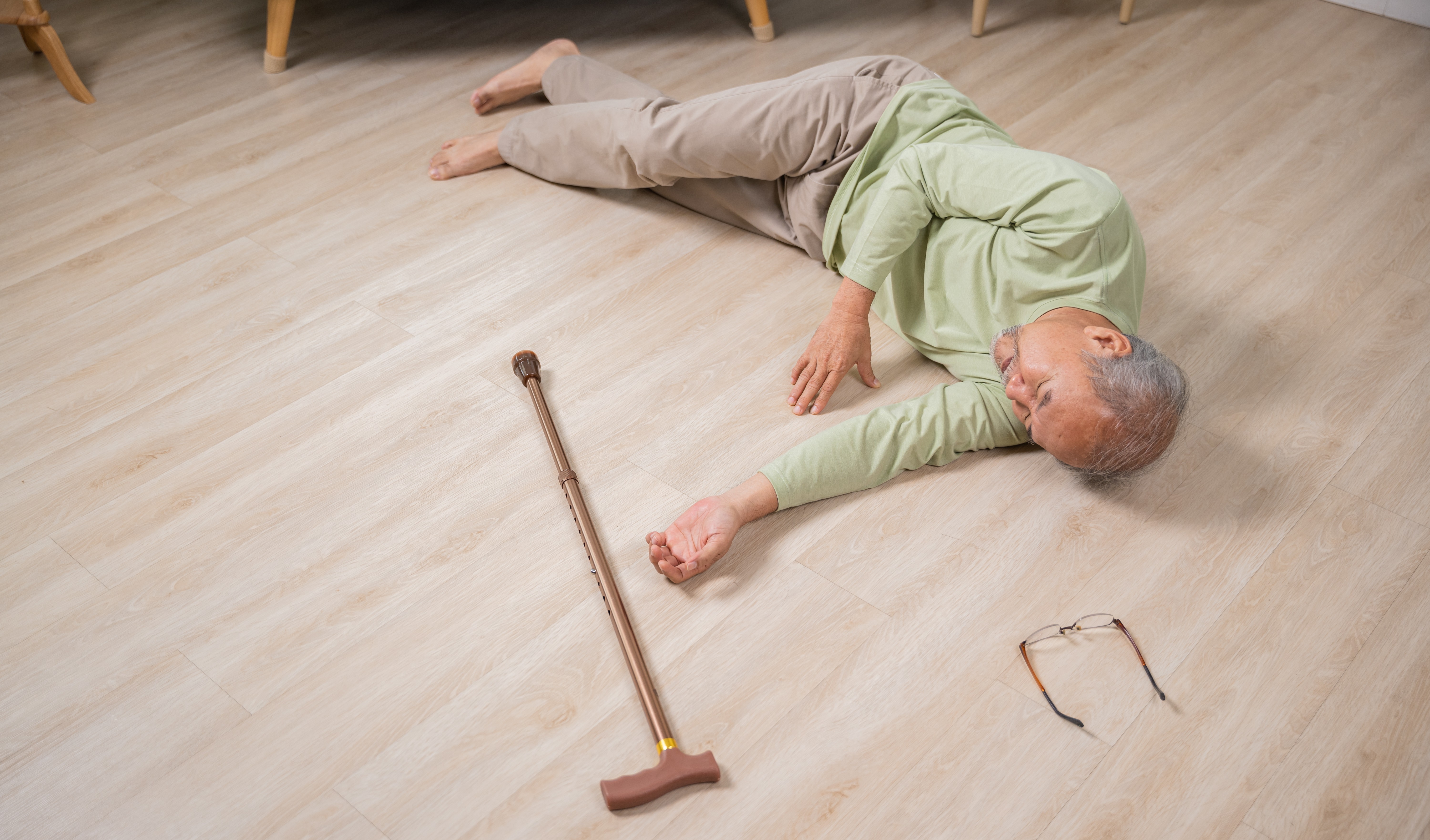
Falls are a significant concern in assisted living communities. According to the Centers for Disease Control and Prevention (CDC), about 36 million falls are reported among older adults each year, resulting in more than 32,000 deaths [Source: CDC - Older Adult Falls]. Beyond the devastating human cost, falls also place a substantial financial burden on the healthcare system. The National Council on Aging estimates that the average hospital cost for a fall injury is over $30,000 [Source: NCOA - Fall Facts], with insurance companies bearing a significant portion of these expenses. These incidents not only lead to serious injuries and financial strain but also impact the independence and quality of life of residents. While current emergency response systems offer some level of protection, Arqaios is developing an AI-powered system designed to provide a faster, more accurate, and ultimately more supportive response to falls, proactively help prevent them through gait analysis and smart environmental adjustments, and offer significant energy savings through our innovative fixture system.
Today, many assisted living communities rely on personal emergency response systems (PERS) like wearable pendants or wristbands. In the event of a fall, a resident must consciously press a button to call for help. This approach has several limitations. First, in a severe fall, the resident may be incapacitated or unable to reach the button, resulting in a delay between the fall occurring and help being requested. Second, the devices must be charged regularly, often daily, resulting in additional resources or drain due to the constant checks. Seniors often do not like to wear the device, some choosing to tether it to their walker instead. Finally, these systems often lack the context to differentiate between a genuine emergency and a non-emergency situation, potentially leading to unnecessary alarms and caregiver fatigue.
Some competitors are incorporating more advanced sensor technology, such as motion detectors and accelerometers, into their systems. These systems can automatically detect sudden changes in movement that might indicate a fall. However, these systems often struggle with accuracy, generating false alarms due to sudden movements like sitting down quickly or dropping an object. This lack of precision can erode trust in the system and slow down response times when a real emergency occurs, further contributing to the financial burden associated with responding to and treating potential (but not actual) fall events. Furthermore, current systems largely remain reactive, addressing falls only after they occur, rather than proactively working to prevent them.
Arqaios is building a comprehensive system that goes beyond basic fall detection. Leveraging our patented technology, our system utilizes a network of advanced sensors, including ambient sensors and potentially wearable components, integrated with sophisticated artificial intelligence algorithms for both rapid response and proactive prevention. A key differentiator is our ability to analyze residents' gait data over time to identify subtle changes that may indicate an increased risk of falling. Furthermore, Arqaios is developing a smart fixture system that integrates power outlets, air vents, and light switches into a cohesive network, offering significant energy management capabilities and the potential for proactive environmental adjustments to enhance resident safety.
Here’s how Arqaios' system will address falls in an assisted living community:
In addition to its advanced emergency response and prevention capabilities, Arqaios is innovating in building infrastructure with our integrated fixture system. By seamlessly connecting power outlets, air vents, and light switches, our system provides assisted living communities with unprecedented control over energy usage. Smart sensors and centralized management allow for:
By implementing Arqaios' comprehensive system, assisted living communities can realize substantial energy savings, reducing their operational costs and contributing to a more sustainable environment, all while significantly enhancing resident safety and well-being.
Arqaios' comprehensive system, encompassing AI-powered emergency response, proactive fall prevention through gait analysis and environmental adjustments, and intelligent energy management, has the potential to significantly improve the safety, well-being, and financial sustainability of assisted living communities. By providing faster, more accurate fall detection and response, and by actively working to prevent falls before they occur, we can dramatically reduce the time residents spend on the floor after a fall, minimizing the risk of complications and lowering associated healthcare costs. The reduction in false alarms will also alleviate caregiver burden. Furthermore, the significant energy savings offered by our integrated fixture system will lead to lower operational expenses. Ultimately, Arqaios aims to create safer, more efficient, and more supportive environments, empowering residents to live more independently with greater peace of mind while also providing tangible financial and safety benefits to the communities that serve them.
Note: The capabilities described are based on Arqaios' current development efforts and patented technology. The final features and functionality of the system may vary. Specific energy savings and the precision of gait analysis for fall risk prediction will depend on the implementation and data collected within individual communities.